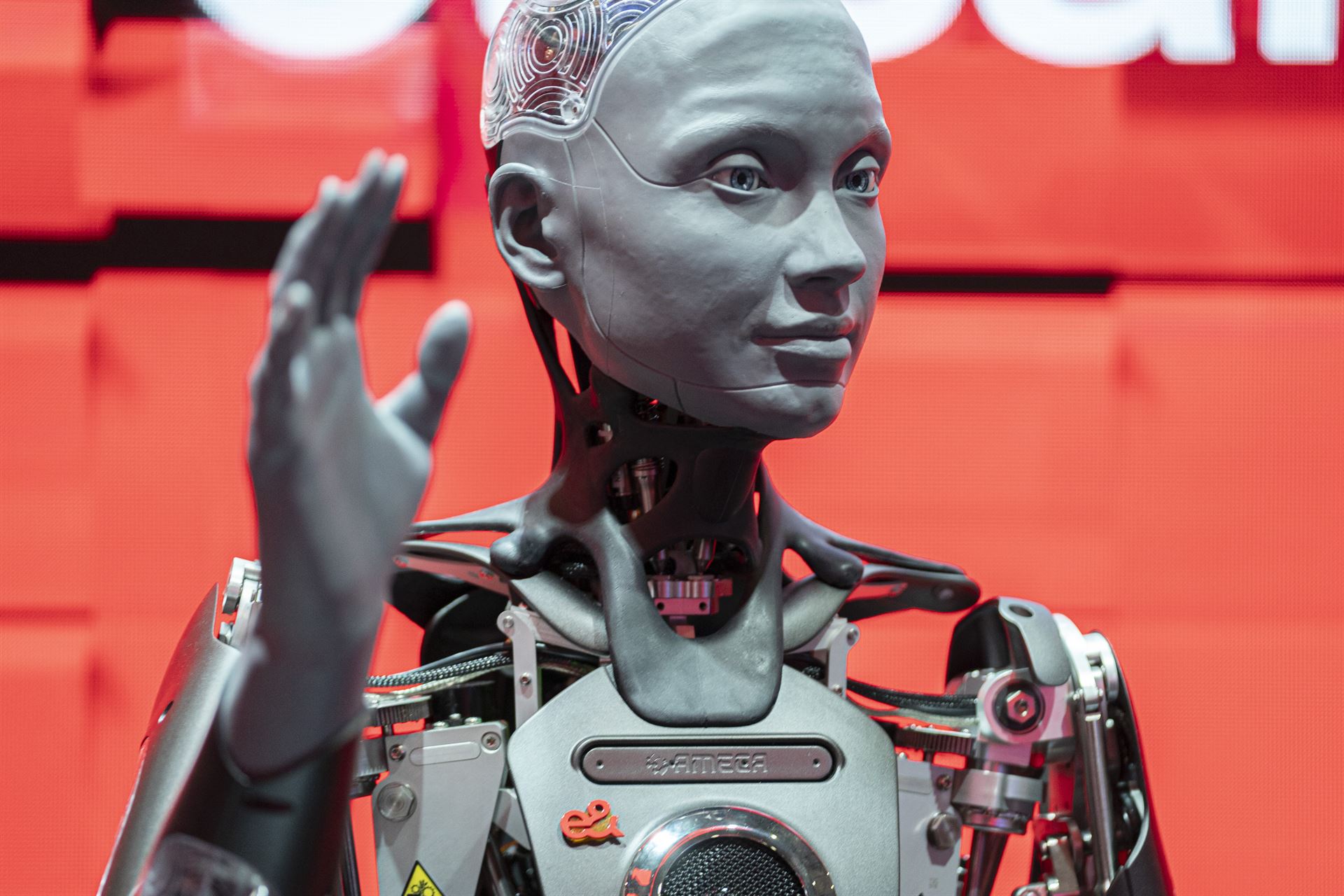
BRUSSELS - The landmark European Artificial Intelligence Act, officially entered into force on Thursday, making it an official law of the European Union.
"With the AI Act, the EU has taken an important step to ensure that AI technology uptake respects EU rules in Europe," said Margrethe Vestager, executive vice president of the European Commission for a Europe Fit for the Digital Age.
READ MORE: AIGCs' copyright question needs answering
As the world's first comprehensive regulation on AI, it classifies AI systems into four categories - minimal risk, specific transparency risk, high risk, and unacceptable risk, based on a product safety and risk-based approach, according to a press release by the European Commission.
AI systems categorized under specific transparency risks, such as chatbots, must inform users that they are engaging with a machine.
READ MORE: China promotes coordination of AI governance
Meanwhile, those classified as posing unacceptable risks are prohibited. The AI Act also establishes rules for so-called general-purpose AI models, which are highly capable AI systems designed to perform a wide variety of tasks, such as generating human-like text.
To ensure proper enforcement, the Commission specified that EU member states must appoint competent national authorities by Aug 2, 2025, to oversee the application of the rules and carry out market surveillance activities.
READ MORE: Apple to delay launch of AI-powered features in Europe, blames EU tech rules
At the EU level, an AI Office established under the Commission in May will serve as the primary body to implement the act, according to the release.
Companies that violate the rules of the AI ACT could face fines of varying degrees, with the maximum being up to 7 percent of their global annual turnover, the Commission stated.
Most of the rules will fully apply from Aug 2, 2026, allowing governments and companies time to adapt to this regulation.
However, prohibitions on AI systems with unacceptable risks will take effect as early as six months from now.


